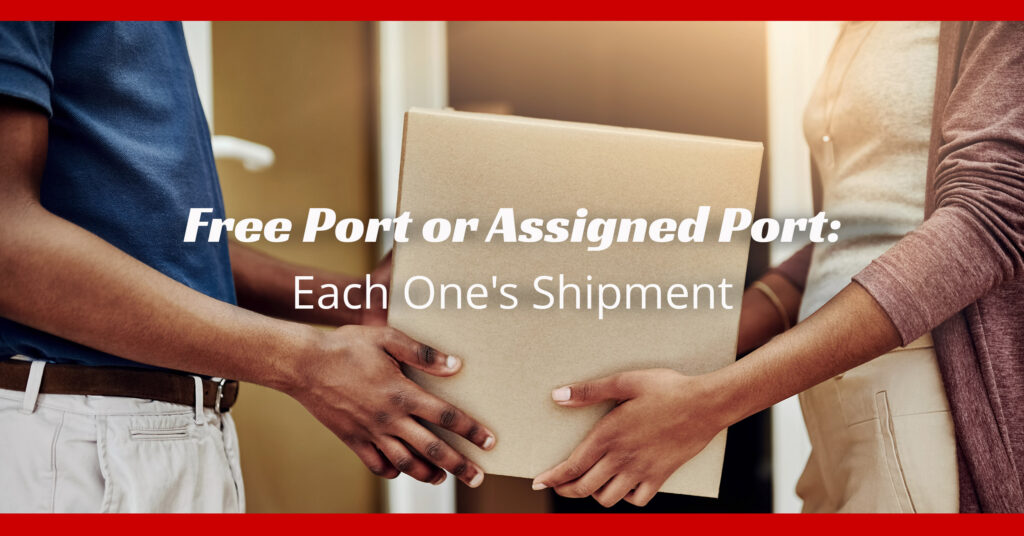The terms “porto franco” (“carriage free”) and its opposite “porto assegnato” (“carriage forward”) are two key definitions in the logistics vocabulary, essential for indicating to carriers who will pay the shipping costs.
Those not familiar with the field might find the concepts of carriage free and carriage forward less intuitive, so today, let’s explore together what these two terms mean and which option best suits your shipping needs.
What does carriage free mean?
Carriage free refers to a type of shipment where the costs are borne by the sender.
According to Incoterms rules (short for International Commercial Terms), which define the contractual terms for import/export, the correct term to define this sending method is “DDP,” which stands for Delivery Duty Paid.
In a carriage free shipment, the sender (whether a company or an individual) takes care of paying the transportation fees to the courier upon departure.
What does carriage forward mean?
If, on the other hand, the transportation fees are paid by the recipient upon delivery, this shipment method is known as carriage forward.
However, this compensation does not consist of settling the entire order amount, but only the shipping cost collected by the courier as payment for their services. If, instead, the total value of the goods is paid to the courier, it’s referred to as cash on delivery. In this type of shipment, not only the costs but also the risks associated with transportation fall on the recipient.
The Incoterms terminology that relates to carriage forward is “EXW,” which stands for Ex Works.
Decide with us whether to send or receive your goods through carriage free or carriage forward. BLL Trasporti, the reliable partner for your logistics organization, will guide you towards the most suitable solution with a personalized proposal. Our company, headquartered in Reggio Emilia with branches in Milan and Bologna, ensures deliveries within 24 to 48 hours throughout Northern and Central Italy.
Contact us for more information or visit our blog!

